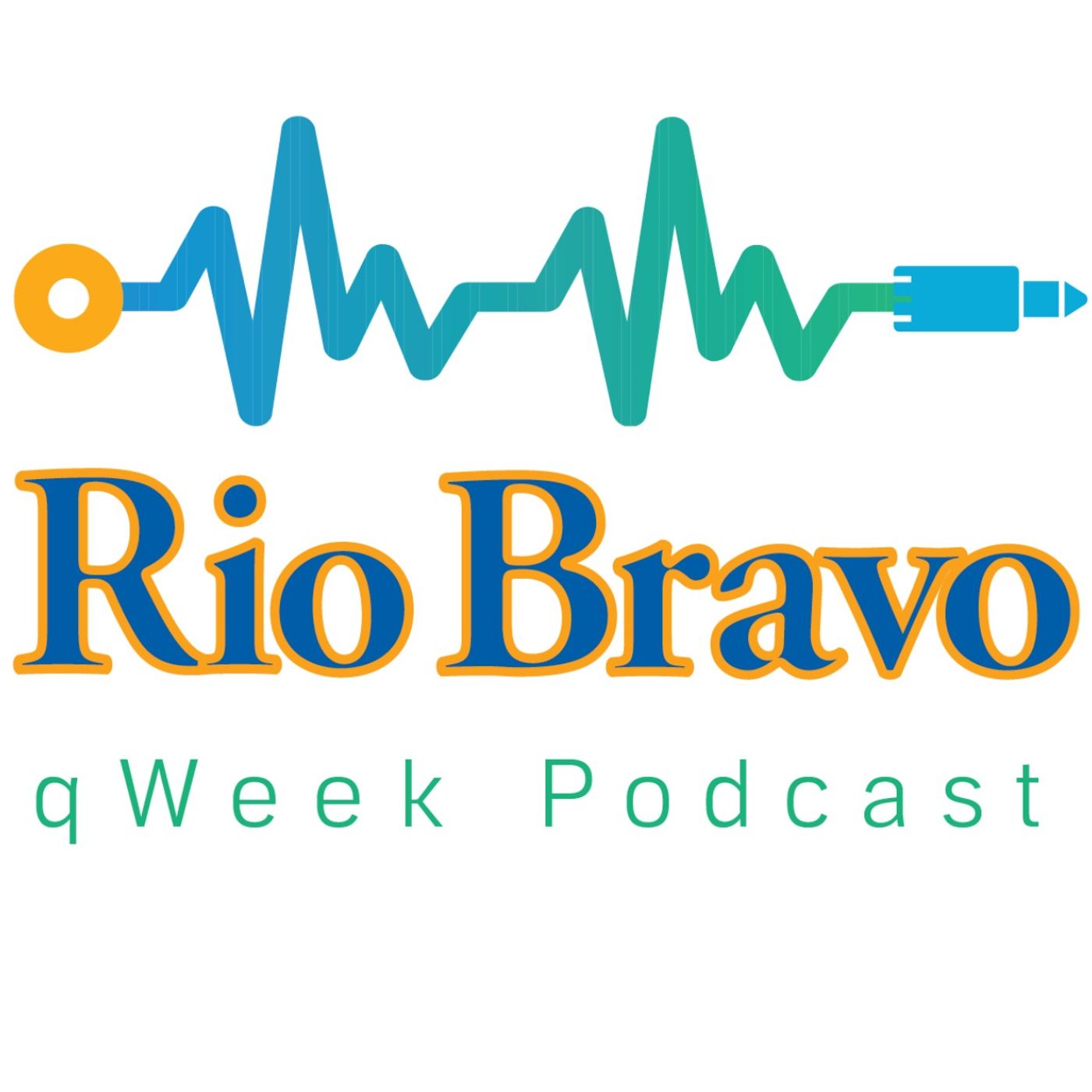- After-Shows
- Alternative
- Animals
- Animation
- Arts
- Astronomy
- Automotive
- Aviation
- Baseball
- Basketball
- Beauty
- Books
- Buddhism
- Business
- Careers
- Chemistry
- Christianity
- Climate
- Comedy
- Commentary
- Courses
- Crafts
- Cricket
- Cryptocurrency
- Culture
- Daily
- Design
- Documentary
- Drama
- Earth
- Education
- Entertainment
- Entrepreneurship
- Family
- Fantasy
- Fashion
- Fiction
- Film
- Fitness
- Food
- Football
- Games
- Garden
- Golf
- Government
- Health
- Hinduism
- History
- Hobbies
- Hockey
- Home
- How-To
- Improv
- Interviews
- Investing
- Islam
- Journals
- Judaism
- Kids
- Language
- Learning
- Leisure
- Life
- Management
- Manga
- Marketing
- Mathematics
- Medicine
- Mental
- Music
- Natural
- Nature
- News
- Non-Profit
- Nutrition
- Parenting
- Performing
- Personal
- Pets
- Philosophy
- Physics
- Places
- Politics
- Relationships
- Religion
- Reviews
- Role-Playing
- Rugby
- Running
- Science
- Self-Improvement
- Sexuality
- Soccer
- Social
- Society
- Spirituality
- Sports
- Stand-Up
- Stories
- Swimming
- TV
- Tabletop
- Technology
- Tennis
- Travel
- True Crime
- Episode-Games
- Visual
- Volleyball
- Weather
- Wilderness
- Wrestling
- Other
Episode 119: Nurse Practitioner Week
Episode 119: Nurse Practitioner WeekAmy Arreaza is a family nurse practitioner who explains what this career is all about. She tells the history and the future of this profession. By Amy Arreaza, FNP. Comments by Hector Arreaza, MD.Hector: When I moved to Utah from my home country, I went to a clinic to investigate why I was so fatigued. I wasn’t a practicing physician at that time. I got seen by a family physician who was very brief and somewhat cold. During my follow-up appointment, I was attended to by a very pleasant lady doctor. She made good eye contact, smiled, and explained the results in a simple and easy way. In summary, my second visit was very enjoyable. Later, I learned that this lady was a nurse practitioner. I had no idea what it meant, but after many positive interactions, I became a fan of nurse practitioners in general. Today, I want you to learn more about this profession, and I invited my favorite nurse practitioner in the whole world, my wife Amy. Welcome, Amy Arreaza.Tell us who you are.Amy: First of all, thank you for inviting me to your podcast to talk about this wonderful profession. And second, I must reciprocate in kind, you are my favorite family physician. So, as you said, I am a nurse practitioner, but more specifically, I am a family nurse practitioner, or FNP for short. I’ve been an FNP for 14 years and currently work in central CA in a federally qualified health center as a primary care provider for the medically vulnerable. Caring for this patient population is where my passion truly lies. What is a Nurse Practitioner?A nurse practitioner is an advanced practice registered nurse. This means they are RNs who have completed either a master's degree or a doctorate degree in nursing practice. With their extra education and training, they have similar job duties as a physician, and there is actually a lot of overlap in the roles of nurse practitioners and physicians. NPs' serve as primary care providers or as specialty care providers. They examine and assess patients’ needs, order and interpret labs and imaging tests, diagnose disease, and provide treatment, which includes prescribing medication. In the United States, the scope of practice of a nurse practitioner is regulated by state law. As of this year, NPs have full practice authority in 26 states, the District of Columbia, and 2 US territories. This means that NPs can work independently in those states without the supervision of a physician. In the remaining states, NPs need to have a collaborative agreement with a physician or work under the supervision of a physician. How was this career created?Well, in the 1960s, Loretta Ford, a public health nurse in Colorado, recognized a deficit in health care in rural communities. She believed nurses could fill the healthcare gaps in rural America, and through the Western Interstate Commission for Higher Education in Nursing, she was given an opportunity to help develop a specialized clinical curriculum for community health nurses. In 1965, Loretta Ford joined forces with Dr. Henry Silver, a pediatrician, to create the first pediatric nurse practitioner program at the University of Colorado. So, 57 years ago, the NP profession was created to help alleviate the physician shortage at that time. And today, with a continued shortage of physicians, the NP profession has become essential in meeting primary care needs across the United States. Hector: There are 24 states that still do not offer full practice authority to NPs. Those states are more likely to have “geographic health care disparities, higher chronic disease burden, primary care shortages, higher costs of care and lower standings on national health rankings.”Amy: That’s right, research shows that states with full practice authority for NPs' rank highest in the nation for best access

